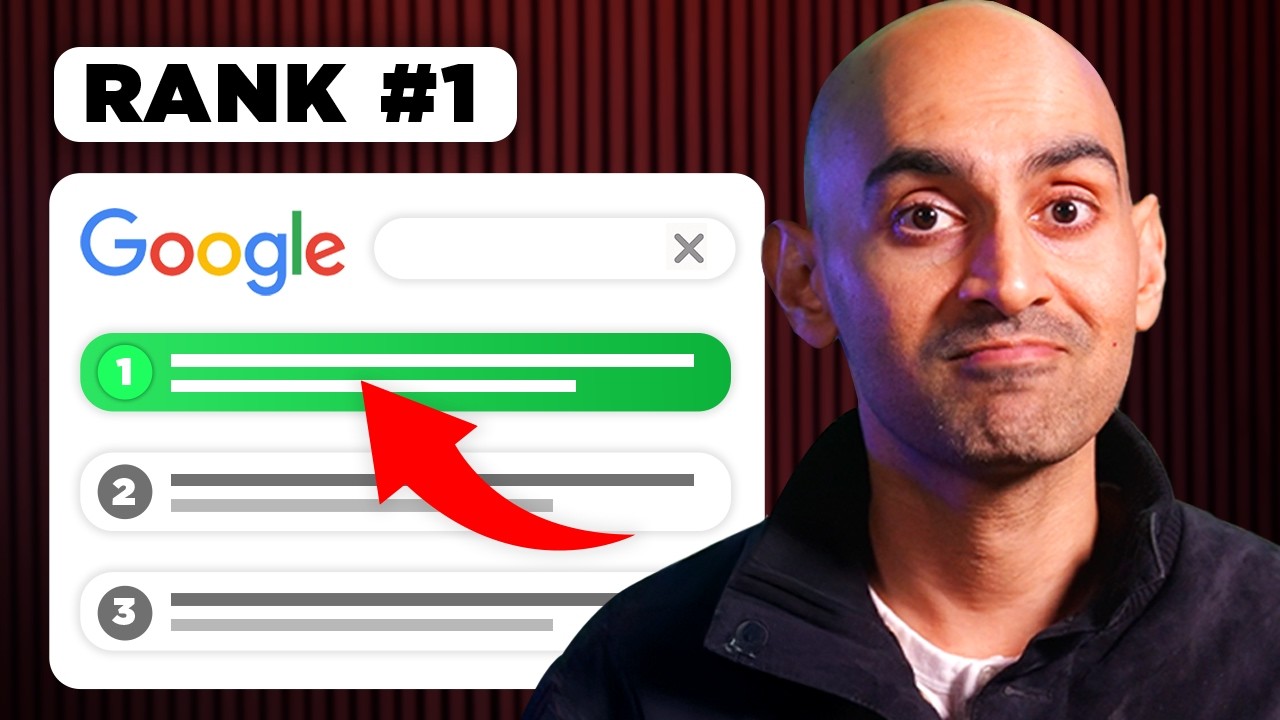Contents
When I first considered starting my business, I faced waves of uncertainty, just like many of you might be feeling right now. The leap into entrepreneurship felt daunting, but I discovered a powerful ally along the way: online programs. My journey from hesitation to running a million-dollar business is not just mine; it’s echoed by many. In this post, we’ll dive into how harnessing your expertise and delivering it through online programs can create not only financial success but also a ripple effect of transformation in others’ lives.
The Shift to Online Programs: A Personal Journey
When I first considered entrepreneurship, I was filled with fear and uncertainty. What if I failed? What if no one wanted to learn from me? These questions haunted me. Many of us face similar doubts. It’s a natural part of the journey. But what if I told you that these fears can be transformed into something powerful?
Initial Fears of Failure
Starting a business is daunting. I remember sitting at my desk, staring at my computer, feeling overwhelmed. The thought of stepping into the unknown was terrifying. I had no experience in online teaching. I worried about my ability to connect with others. Would my knowledge resonate? Would I be able to help?
But here’s the thing: fear can be a catalyst for growth. It forces us to confront our limitations. It challenges us to step outside our comfort zones. I realized that my fears were not roadblocks; they were stepping stones. They pushed me to explore new avenues.
Turning Challenges into Opportunities
As I navigated through my fears, I discovered the world of online teaching. It was a game-changer. I learned that I could share my expertise with others, regardless of my initial doubts. Online programs opened doors I never knew existed. They allowed me to connect with people from all walks of life.
- Flexibility: I could teach from anywhere, at any time.
- Wider Reach: My audience was no longer limited to my local community.
- Scalability: I could create content once and share it with many.
Each challenge I faced became an opportunity. I learned to embrace feedback and iterate on my ideas. This process was not just about teaching; it was about transforming lives. As Alina Vincent wisely said,
“Every challenge is an opportunity to transform.”
Setting the Stage: Discovering My Unique Value Proposition
As I delved deeper into online teaching, I began to understand my unique value proposition. What did I have to offer that others didn’t? This was a crucial question. It took time, reflection, and a lot of trial and error. I started by identifying my strengths and passions. I asked myself:
- What am I truly passionate about?
- What skills do I possess that can help others?
- How can I combine my experiences to create something valuable?
Through this process, I discovered that my journey was not just about me. It was about the people I could help. I realized that sharing my story could inspire others to overcome their own fears. This was the foundation of my online programs.
In my experience, embracing online programs can obliterate self-doubt and introduce unlimited growth potential. It’s about more than just teaching; it’s about creating a community. A community where we can all learn, grow, and transform together.
So, if you’re standing at the edge of entrepreneurship, feeling the weight of fear, remember: every challenge is a chance to grow. Embrace it. You might just find that your journey leads to incredible opportunities.
Case Studies: Lessons from Successful Online Programs
Online programs have become a powerful tool for sharing knowledge and transforming lives. In this section, we’ll explore some inspiring case studies that highlight how individuals have successfully created online programs. These stories are not just about business; they are about personal journeys and the impact of sharing expertise.
1. Ann Hession’s Soulful Sales Code
Ann Hession is a remarkable example of merging two seemingly different worlds: healing and sales. Her program, Soulful Sales Code, demonstrates how these two areas can complement each other. Ann believes that our experiences are invaluable. She once said,
“Your experiences are gold mines waiting to be excavated.”
This quote resonates deeply with her approach.
By combining her healing background with sales expertise, Ann created a unique offering. She helps others not only to sell but to do so in a way that feels authentic and aligned with their values. This blend of skills allows her clients to approach sales without the typical pressure and anxiety. Instead, they can connect with their audience on a deeper level.
2. Christina Solstad’s Finance Transformation Program
Next, we have Christina Solstad, who focuses on transforming attitudes towards finances. Her program, Unlock Your Money Mojo, aims to change how people view and manage their money. Christina’s journey is a testament to the power of personal transformation.
She realized that many individuals struggle with financial fears and misconceptions. By addressing these issues head-on, Christina empowers her clients to take control of their financial lives. Her program is not just about budgeting; it’s about reshaping mindsets. This approach has helped countless individuals break free from financial anxiety.
3. Alisa Clickenger’s Empowerment Through Motorcycling
Alisa Clickenger takes a different route. Her program, 5 Weeks to a More Confident You, focuses on empowering women through motorcycling. Alisa’s passion for riding is infectious. She believes that the freedom of the open road can translate into personal empowerment.
Through her program, Alisa teaches women not just how to ride, but also how to build confidence and resilience. Riding a motorcycle requires courage and skill. Alisa uses this experience to help women face their fears and embrace their strength. This unique approach has created a supportive community of women who uplift each other.
Key Takeaways from These Case Studies
- Combining Skills: Each of these programs showcases the power of merging diverse skills. Ann’s healing and sales expertise, Christina’s financial insights, and Alisa’s passion for motorcycling all create unique offerings.
- Personal Transformation: These programs are not just about teaching; they are about transforming lives. Each case illustrates how personal experiences can lead to broader impacts.
- Empowerment: Empowering others is a common thread. Whether it’s through sales, finance, or motorcycling, each program aims to uplift individuals.
In conclusion, these case studies highlight the transformative power of online programs. They show us that when we share our unique experiences and skills, we can create meaningful change. Each of these entrepreneurs has taken their journey and turned it into a valuable resource for others. Their stories remind us that we all have something to share, and by doing so, we can impact lives in profound ways.
Practical Steps to Develop Your Online Program
Creating an online program can be a game-changer for your business. But where do you start? Let’s break it down into practical steps that can help you navigate this journey.
1. Identifying Your Target Audience: Who Needs Your Expertise?
The first step is to pinpoint your audience. Who are the people that can benefit from your knowledge? Think about their needs, challenges, and aspirations. Ask yourself:
- What problems do they face?
- How can my expertise help solve these issues?
- What are their goals, and how can I assist in achieving them?
Understanding your audience is crucial. It’s like being a doctor; you wouldn’t prescribe a treatment without knowing the patient’s symptoms. Similarly, you need to know your audience’s pain points to create a program that resonates with them.
2. Crafting a Transformation-Focused Course Structure: What’s the Ultimate Goal?
Once you know your audience, the next step is to design your course. What transformation do you want your participants to experience? This is where you need to be clear about your goals.
Consider the following:
- What skills or knowledge will participants gain?
- How will their lives change after completing your program?
- What specific outcomes do you want to achieve?
Think of your course as a journey. Each module should lead participants closer to their destination. By focusing on transformation, you create a compelling reason for your audience to join your program.
3. Testing and Piloting: Lessons Learned from Real-World Applications
Now that you have your audience and course structure, it’s time to test your ideas. Piloting your program is essential. It allows you to gather feedback and make necessary adjustments before the full launch.
Here are some tips for effective testing:
- Run a pilot program at a reduced price.
- Collect feedback through surveys or one-on-one interviews.
- Observe participant engagement and outcomes.
Remember, “Feedback is the compass that can guide you toward securing genuine engagement.” Use the insights you gain to refine your content and delivery. Adaptability is key. If something isn’t working, don’t be afraid to pivot.
Engaging with Your Audience
Engagement doesn’t stop at the pilot phase. It’s an ongoing process. Consider different ways to connect with your audience:
- Host webinars or Q&A sessions.
- Utilize social media for discussions.
- Encourage community building among participants.
These interactions can provide valuable insights and foster a sense of belonging among your audience. They will feel more invested in your program when they know their voices are heard.
The Importance of Adaptability
As you gather feedback, be prepared to adapt your program. The landscape of online learning is ever-changing. What worked yesterday might not work today. Stay flexible and open to change.
In the words of one of the contributors in “Teach Your Expertise,” the journey of creating an online program is one of collaboration and growth. Embrace your unique contributions while learning from others.
By following these practical steps, you can develop an online program that not only meets the needs of your audience but also fulfills your goals as an educator. Remember, the path may be challenging, but the rewards are worth it.
Overcoming Obstacles: Community Support and Resilience
In the world of entrepreneurship, the journey can often feel lonely. Many of us start with a dream, but the path to success is rarely straightforward. That’s where community support comes in. It’s essential. Without mentorship and a supportive network, we can easily become overwhelmed by the challenges we face. I’ve seen this firsthand, and I know many others have too.
The Necessity of Mentorship and Community
Mentorship is like a lighthouse in a storm. It guides us through turbulent waters. When I first embarked on my entrepreneurial journey, I was uncertain. I didn’t know where to start or how to overcome the hurdles ahead. But then I found mentors who shared their experiences. They taught me valuable lessons and helped me navigate my fears. This support was crucial.
Community is equally important. It’s a space where we can share our struggles and triumphs. When we connect with others, we realize we are not alone. We can lean on each other for encouragement and advice. This connection fosters resilience. It reminds us that we are part of something bigger. As Larissa Popov wisely said,
“Together we are greater than the sum of our parts.”
Personal Anecdotes of Struggles and Triumphs
Many contributors to the entrepreneurial community have shared their stories. Their experiences resonate with me. For instance, Ann Hession embraced her dual identity as a healer and sales expert. She combined these skills to create her successful online program, “Soulful Sales Code.” Her journey wasn’t easy, but she found strength in her community.
Similarly, Katja Rusanen highlighted her healing journey. She emphasized the importance of sharing one’s story. This act of vulnerability can be transformational. It allows others to connect and learn from our experiences. Each story shared is a thread that weaves us closer together.
Wendy Petties and Renae Gregoire also faced personal struggles. They harnessed their experiences to guide others through similar challenges. Their programs are not just about business; they are about personal growth and empowerment. This is the beauty of community support. We learn from each other, and we grow together.
Building a Support Network
So, how do we build this vital support network? First, we need to seek out like-minded individuals. Join groups, attend workshops, and engage in online communities. Surround yourself with people who uplift you. This network will be your safety net during tough times.
Next, be open to giving and receiving help. Mentorship is a two-way street. Share your knowledge and experiences with others. This not only strengthens your connections but also fosters a culture of growth and encouragement.
Lastly, celebrate each other’s successes. Acknowledge the milestones, big or small. This practice creates a positive environment where everyone feels valued. It’s a reminder that we are all in this together.
In conclusion, overcoming obstacles in entrepreneurship is a journey best traveled with a community. The stories of resilience and support remind us of the strength found in collective experiences. By embracing mentorship and building a supportive network, we can navigate the challenges ahead. Isolation may hinder our progress, but connection fosters resilience. Let’s remember that together, we can achieve more than we ever could alone. So, let’s reach out, share our stories, and uplift one another. After all, we are greater together.








